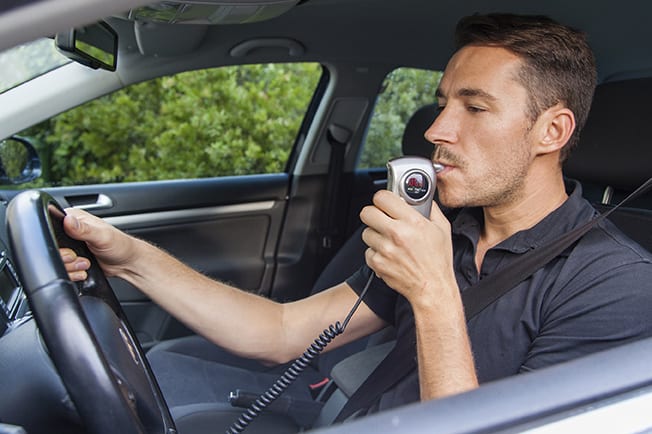
You face a critical decision if law enforcement stops you on suspicion of DUI in Colorado. Can you refuse a breathalyzer test? This question has significant legal implications. Colorado’s “express consent” law means you’re considered to have agreed to chemical testing when driving. Refusing a breathalyzer test can lead to penalties, including license suspension. However, understanding your rights and responsibilities is crucial. If you refuse, law enforcement might obtain a warrant for a blood test. This process can complicate your legal standing. Acting with knowledge can protect your rights. Legal guidance is essential in these situations. To better understand your options, visit www.martinlawfirmpc.com. They provide valuable insights into navigating these complex waters. Arm yourself with the information needed to make informed choices. Protect yourself by knowing how the law impacts your actions. Making the right decisions starts with being informed. Always consider seeking legal advice.
Understanding Express Consent Law
Colorado’s express consent law is straightforward. By driving in Colorado, you agree to submit to chemical testing if suspected of drunk driving. This includes breath, blood, or urine tests. Refusal is within your rights, but it triggers automatic penalties. These penalties are severe and can impact your driving privileges.
Consequences of Refusing a Breathalyzer
If you refuse a breathalyzer test, expect immediate consequences. Your driver’s license can be revoked. You could face a one-year suspension for a first refusal. A second refusal results in a two-year suspension. A third refusal can lead to a three-year suspension.
Refusal Penalties: A Quick Comparison
| Number of Refusals | License Suspension |
|---|---|
| First Refusal | 1 Year |
| Second Refusal | 2 Years |
| Third Refusal | 3 Years |
Legal Implications
Refusing a breathalyzer test does not guarantee you won’t face DUI charges. In many cases, officers can obtain a warrant for a blood test. This means you might still face evidence against you. The refusal can be used in court to suggest consciousness of guilt.
Why Consider Refusal?
Some drivers might refuse a breathalyzer to avoid providing immediate evidence against themselves. They might hope to delay the process or challenge the testing methods. However, understanding the trade-offs is essential. The potential loss of driving privileges is a significant deterrent.
Seeking Legal Advice
Handling a DUI charge or breathalyzer refusal can be complex. Consulting with a legal expert can provide clarity. They can help navigate the specifics of your case. For more detailed information, check out resources like the Colorado State Patrol DUI Information page.
How the Process Works
When stopped, officers will inform you of your rights and the implications of refusal. This notification is part of your rights and ensures transparency in the process. Officers must follow procedures, or the case may be challenged in court. For an overview of these procedures, visit the Colorado Department of Public Health & Environment.
Making Informed Decisions
Knowing your rights and the potential outcomes is crucial. Avoid making hasty decisions without fully understanding the consequences. Remain calm and collected if faced with this situation. The decision to refuse a breathalyzer should be made with awareness of all legal implications.
Conclusion
Refusing a breathalyzer test in Colorado is your right, but it comes with serious consequences. Understanding the express consent law, potential penalties, and legal implications is vital. Always seek professional legal guidance to navigate these challenges. Protect yourself by being informed and cautious in any legal situation.
Leave a Reply